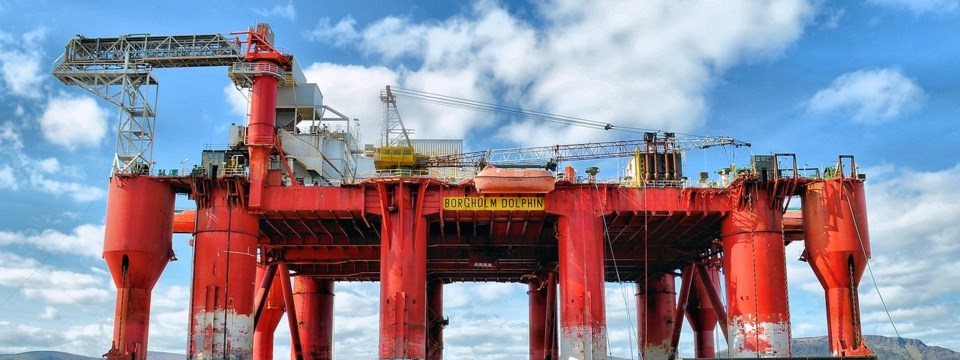What happened: For the first time ever, Canada has joined OPEC in agreeing to cut oil production.
Why it matters: The combination of a price war between Saudi Arabia and a major global contraction from the COVID-19 pandemic has reduced oil prices to the point where some Canadian producers are losing money on every barrel of oil they produce.
Oil prices bounced modestly Monday in response to the news over the weekend that Saudi Arabia and Russia have agreed to end their oil price war through productions cuts. And for the first time, other G20 nations, including Canada, the U.S. and Brazil, have also agreed to cut their production.
Saudi Arabia and Russia agreed to cut production by nearly 10 million barrels per day for May and June.
Canada, the U.S. and Brazil have agreed to cut an additional 3.7 million barrels per day. It’s not clear yet how much Canada has agreed to, though Dan McTeague, an analyst Canadians for Affordable Energy, said he believes it is 800,000 barrels per day.
Oil prices increased slightly Monday on the news of the agreement, but are still well below what most producers need to continue producing.
The problem is that that there is now a major oversupply because the demand for oil has dropped so significantly in recent weeks, as countries around the world shut down large parts of their economies and societies. Global oil consumption is down 30%.
Globally, 5 million barrels of oil per day is not fetching a price that makes it worth producing, says the International Energy Agency (IEA).
“These operators are now losing money on every barrel they produce," the IEA said.
"While it's encouraging that there's an agreement to end the irresponsible global oil price war, much damage has been done,” said Tim McMillan, CEO of the Canadian Association of Petroleum Producers (CAPP).
“The damage to the Canadian energy sector will be longer lasting due to the liquidity crisis triggered by these market manipulations. The other reality is there is nothing OPEC can do to stop the COVID-19 pandemic.
“We are still months away from understanding the devastation that is being brought to every corner of Canada's economy. Canada's oil and natural gas industry's focus remains on weathering this crisis and working with governments to put into place support that will save people's jobs in the short term and create the foundation for the economic recovery."
The Canadian Crude Index rose nearly 16% this morning – rising nearly US$2 per barrel to US$13.21 per barrel, according to oilprice.com.
The impact on gasoline prices in Canada will not be significant, McTeague said. He said gasoline prices may rise “a penny here and penny there, but right now the market’s still in a bit of a funk.”
Canadian oil and gas producers are still waiting for federal aid that has been promised to keep them afloat through the COVID-19 crisis.
“Since we began our discussions with the Government of Canada three weeks ago, we have lost between $6 billion to $8 billion of investment in the Canadian energy sector,” CAPP said in a press release. “This has resulted in job losses across the country and further damage to every sector of our economy.”



